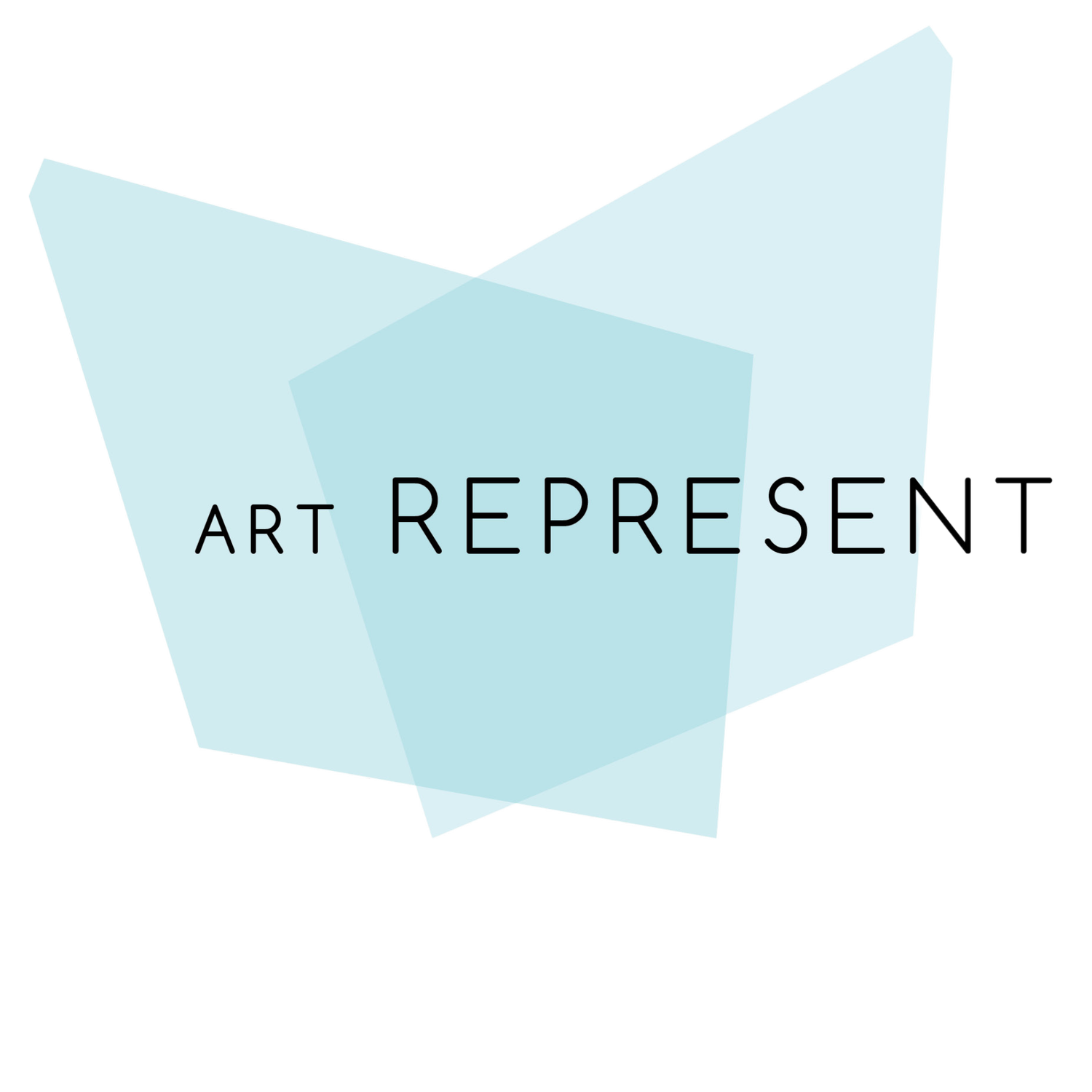JAMAL PENJWENY
Jamal Penjweny was born in a village in present-day Kurdistan in 1981. He first began taking photographs on an old-fashioned camera as a young shepherd. Since 2004, while based in Baghdad, his photographs reported on the Iraqi conflict all over the world and appeared in more than dozen international news publications including The New York Times, The Washington Post, The National Geographic and The World Press Photo Magazine.
Jamal stopped photojournalism to dedicate himself to his artwork due to a frustration at the recent focus of media on Iraq. He had a fundamental desire to show another side of Iraq – to show the life and future of Iraq rather than focusing on war. Throughout his projects, Jamal attemptsto give an insight into different human stories in this post-conflict, war-torn Iraq. He depolarizes Iraq and its people in brief, ephemeral projects, unifying them through a common reflection on the country’s state. Though Jamal focuses on photography as mean of expression, his training as a sculptor continues to influence him to this day. “Iraq is flying” was one of his first art projects. Through it, Jamal attempted to present a more optimistic view of Iraq. This project helped him to gain considerable international attention since and became the first of many projects.
Jamal’s latest works as filmmaker include “The Gun Market and “Another Life”- reporting the life of smugglers and the weapons illegal trade at the border between Iraq and Iran – where he was born.
He explains, “My art is intrinsically linked to my experience of living on the border. I come from a Kurdish village just a few kilometres from the Iraq-Iran frontiers, a place that almost no one would know as being part of Iraq. Living by the border, the term "the state" becomes almost meaningless. National identities and languages merge and we find ourselves as human beings sharing a common experience or story, regardless of our sex, race or nationality.
My work started with the intent of reporting life on the ground in the capital Baghdad and at the very border of the country. In the making, it naturally developed, expressing long lasting concepts which transformed my work more into an art project rather than mere documentation. My work always begins spontaneously as I am not simply an unbiased observer. I am a part of the reality that my work represents."

















JAMAL PENJWENY
LIMITED EDITION PRINT OF 5
Signed and dated by artist
40CM X 40CM
2014